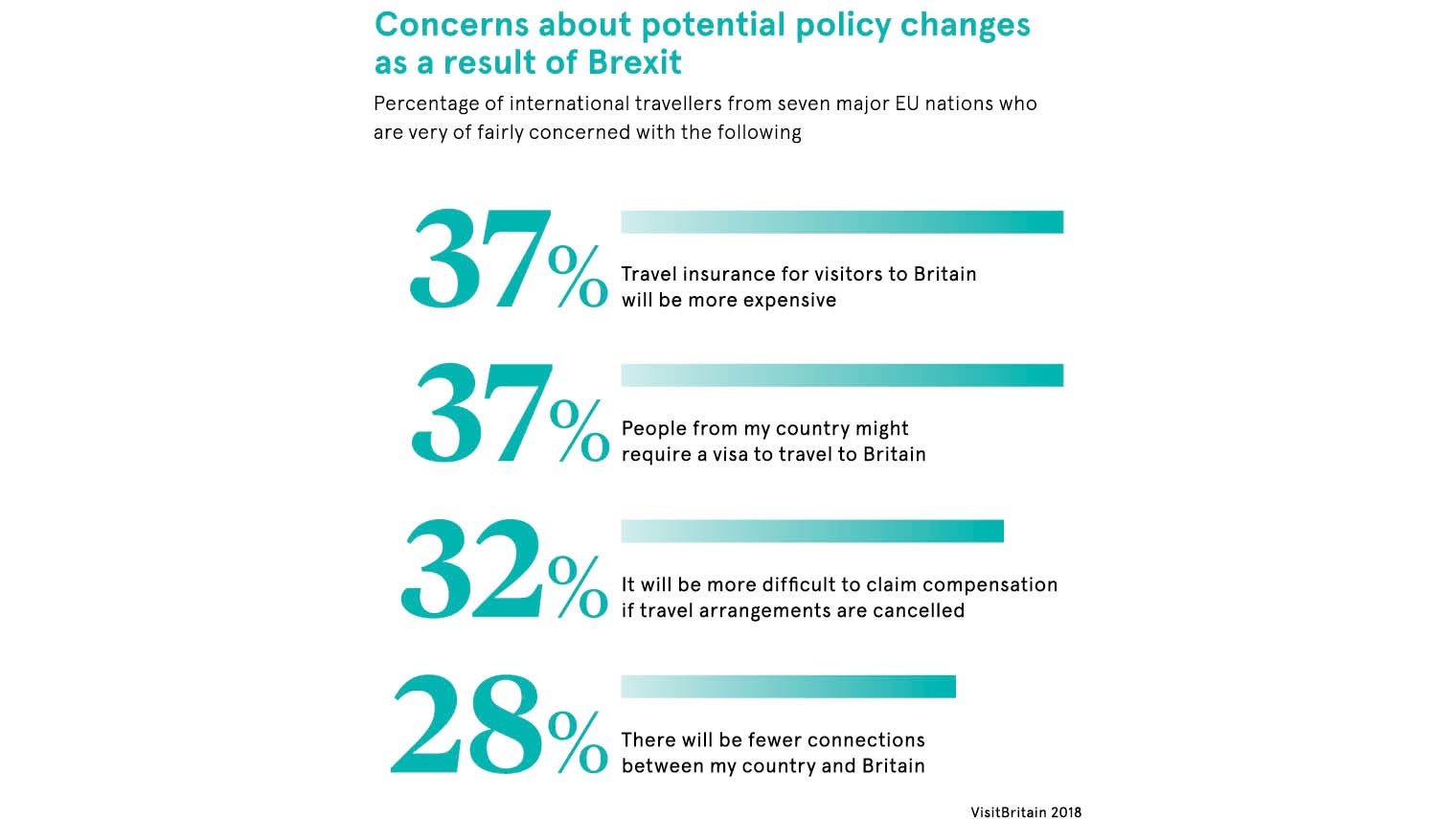Under current aviation rules, the European Union Open Skies Agreement allows EU member airlines, including those registered in the UK, to operate in each other’s countries.
But Brexit is set to remove those flying rights from UK-operated airlines, so a deal is an urgent priority for the aviation industry, and ultimately the business travel sector and wider economy.
Tim Alderslade, chief executive of trade body Airlines UK, points out there’s a “very strong mutual interest on both sides to avoid the consequences of a ‘no-deal’ for aviation”.

“Securing existing market access for aviation and continuing the UK’s membership of the European Aviation Safety Agency are the two areas of greatest priority for UK airlines in the Brexit negotiations,” he adds.
But the precarity of a favourable deal on air travel became clear following talks earlier this year, as it emerged the United States is offering the UK a worse open skies deal after Brexit.
The issue derives from ownership, as standard bilateral agreements typically require airlines to be majority owned and controlled by parties from the country of origin, which could hit companies such as IAG, which owns British Airways, and Virgin Atlantic, which is due to finalise a deal to sell a substantial stake to Air France-KLM in early-2019.
UK-based airlines are currently covered by the Open Skies Agreement requiring they are majority EU-owned.
Airlines post-Brexit predictions are mixed
Despite predictions of a complete aviation grounding post-Brexit from Ryanair chief executive Michael O’Leary, others in the industry are less apocalyptic.
“We’re confident that a comprehensive air transport agreement between the UK and both the EU and US will be reached,” says IAG. “It’s in everyone’s interest to have a fully liberalised aviation agreement.”
Some airlines are taking precautionary measures however, with EasyJet planning a new company, EasyJet Europe, in Austria to protect its European business.
Meanwhile, no-frills Hungarian airline Wizz Air has won permission to set up a UK-based subsidiary as part of its Brexit insurance policy.
It’s in everyone’s interest to have a fully liberalised aviation agreement
And Flybe chief executive Christine Ourmières-Widener adds: “As a UK company flying to and from Europe, as well as employing both UK and EU nationals, Brexit is an important issue for Flybe, as it is for all airlines. We are actively monitoring developments, but there is still a real sense of urgency for [an agreement] to happen as soon as possible and that is what we are pushing for.”
Mr Alderslade says: “Airlines will play a critical role in delivering the post-Brexit vision of a ‘global Britain’, facilitating new trade links, enabling international exports to grow and bringing new businesses to the UK.
“While we guard against complacency, we are confident that the government fully understands the importance of aviation and the specific needs of UK airlines in the Brexit negotiations.”

